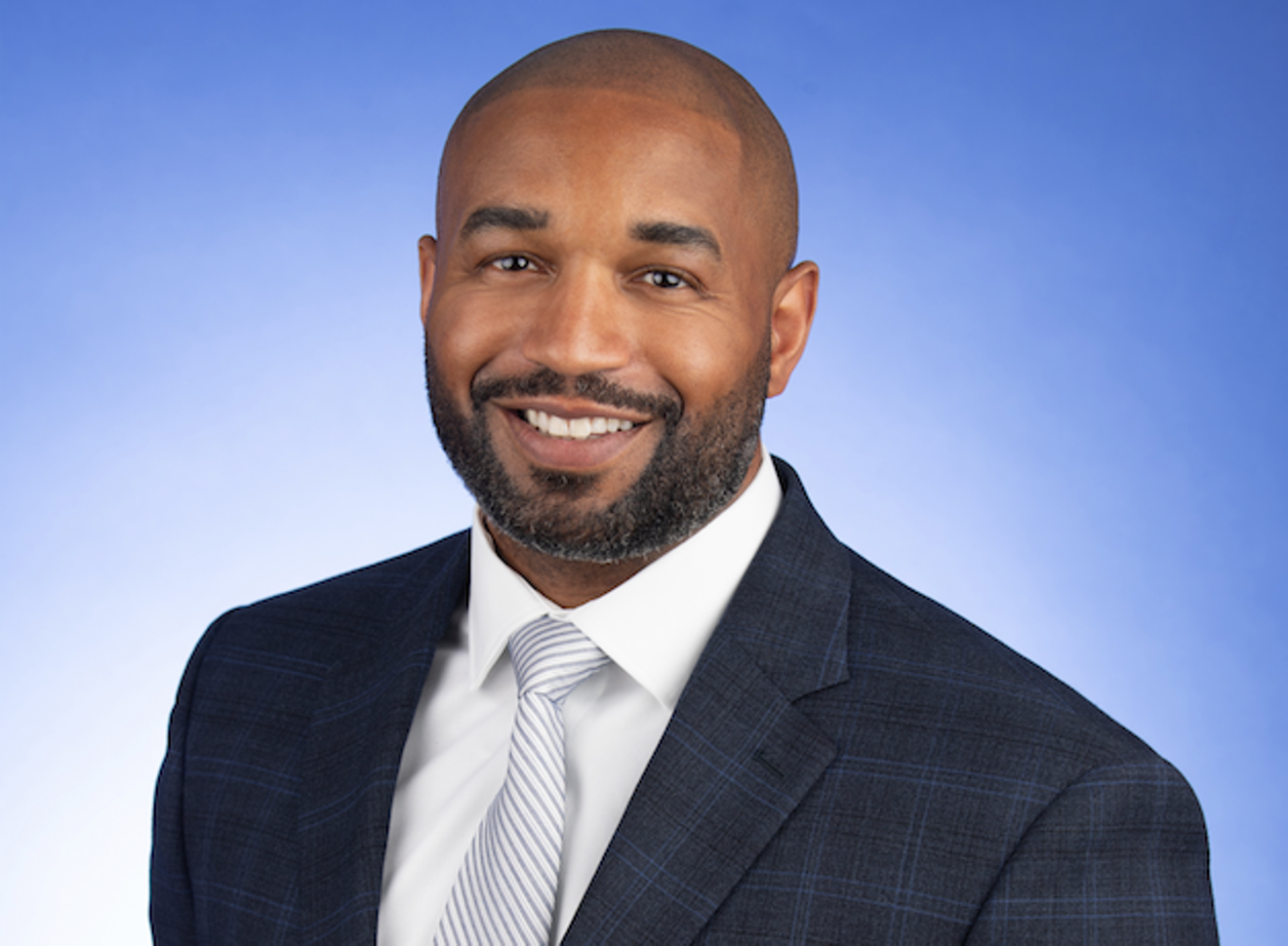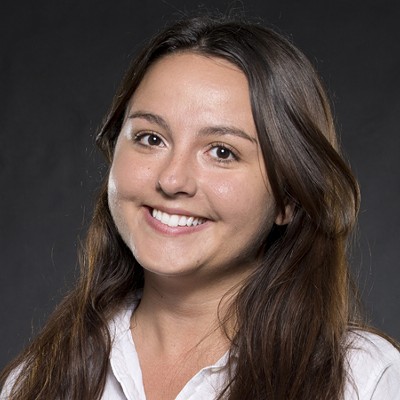Eulois Cleckley isn't one of those Spandex-clad cyclists who logs 100 miles each weekend. He's the commuter kind, one of those environmentally conscious folks who push a different kind of pedal to go places.
Earlier this summer, Cleckley moved to town to lead Miami-Dade County's Department of Transportation and Public Works (DTPW) as its new director, replacing Alice Bravo, who resigned in late 2020. (Cleckley's first day was August 2; an offer letter lists his annual salary at $270,000.) He tells New Times that he's anxiously awaiting the arrival of his bike, which was packed and shipped during his move from Denver. In the meantime, he's been getting around via Metromover, Metrorail, and bus.
"When you're in my position, you have an obligation to travel on the service that you're overseeing and see how well it's operating," Cleckley says. "Once I get the bike here, I definitely plan on using it. I used it in Denver and it was a great way to get around."
In that respect, it's clear that Cleckley isn't from around here.
Roughly 2.7 million people live in Miami-Dade, yet the county reports a weekday average of only 150,000 boardings on its transit system. Though South Florida is recognized for its year-round warm weather and level terrain, the League of American Bicyclists estimated in 2016 that less than one percent of commuters use a bicycle in Miami.
"I've lived in quite a few cities and have always sought ways to get around so I'm not relying on a vehicle," Cleckley says. "Here, I'm doing the same thing — I take the Metromover to get to work."
Cleckley has worked in transportation in Houston, Washington, D.C., and, most recently, Denver, where he raised eyebrows when he arrived by opting to live car-free, relying on his bike and public transportation to get around.
Cleckley led Denver's Department of Public Works until he became the city's first director of the Transportation and Infrastructure Department in 2020. The department was created after Denver voters approved an initiative to transform Public Works — a department that also manages sewage, trash, and recycling — and create a stand-alone department focused solely on transportation. The goal was to work with the Denver Regional Transportation District, which oversees bus and rail service, to quickly improve mobility for Denverites. Under Cleckley, the department improved city bus stops, added bus-only lanes, and mapped out 125 miles of new bike lanes to be implemented by 2023.
Cleckley tells New Times the "aspiration goal" is to make Miami a car-optional city. He plans to streamline the Department of Transportation and Public Works as he did in Denver, updating bus stops and rail stations and adding more bus-only lanes that can be upgraded to light rail.
"When you walk out of the house, you should have different options available to you so you don't revert to jumping in the car," he says. "It's not just Miami-Dade. The country's transit systems have been geared towards automobiles for some time now and a growing number of people don't want to rely only on a car to get around."
In 2020, the Florida Department of Highway Safety and Motor Vehicles reported 756 bicycle crashes in Miami-Dade: 697 resulted in injury, and 13 were fatal.
Cleckley has set an ambitious goal of achieving zero cyclist deaths in Miami-Dade by 2030. He says the process will involve driver education, improving street design, and more bike lanes.
"For the folks who want to bike, the goal is to change the infrastructure to minimize the conflict between bikes and vehicles," he says, "and to start educating the general public about ways to interact with cyclists."
Miamians are familiar with this ongoing promise to transform the nation's 18th largest transit system into a car-optional utopia. When Alice Bravo took over the department in 2015, she told New Times she hoped the plans she and her team put in place would make buying a car "optional" for Miami’s next generation of commuters.
That didn't happen.
According to reports by the county's transportation department, ridership was steadily decreasing each fiscal year, even before the pandemic: A total of 89 million riders boarded public transportation during the 2017 fiscal year, 81 million in 2018, and fewer than 80 million in 2019. Thanks in part to COVID, the 2020 fiscal year tallied only 56 million riders.
The Miami Herald reports that Cleckley is taking over during a "contentious time" for transit projects, pointing to a potential tax-funded monorail that would connect Miami with Miami Beach, a possible Metrorail extension along NW 27th Avenue, and the bidding process to bring electric buses to South Miami-Dade.
But Cleckley says he's confident the department will be able to make big changes in a short span of time.
Denver's StreetsBlog reports that Cleckley worked under Gabe Klein, the former director of Washington, D.C.'s transportation department. In 2015, Klein wrote Start-Up City: Inspiring Private & Public Entrepreneurship, Getting Projects Done, and Having Fun. It's an entire book about "getting shit done" and instituting swift changes to improve urban transportation in the face of bureaucracy.
"Ultimately we need to improve our systems and making them more competitive and comfortable," Cleckley sums up. "Once people realize that they're losing time [by taking their automobile], they'll begin to transition out of their vehicles."
[
{
"name": "Air - MediumRectangle - Inline Content - Mobile Display Size",
"component": "19274298",
"insertPoint": "2",
"requiredCountToDisplay": "2"
},{
"name": "Editor Picks",
"component": "17482312",
"insertPoint": "4",
"requiredCountToDisplay": "1"
},{
"name": "Inline Links",
"component": "18711090",
"insertPoint": "8th",
"startingPoint": 8,
"requiredCountToDisplay": "7",
"maxInsertions": 25
},{
"name": "Air - MediumRectangle - Combo - Inline Content",
"component": "17482310",
"insertPoint": "8th",
"startingPoint": 8,
"requiredCountToDisplay": "7",
"maxInsertions": 25
},{
"name": "Inline Links",
"component": "18711090",
"insertPoint": "8th",
"startingPoint": 12,
"requiredCountToDisplay": "11",
"maxInsertions": 25
},{
"name": "Air - Leaderboard Tower - Combo - Inline Content",
"component": "17482313",
"insertPoint": "8th",
"startingPoint": 12,
"requiredCountToDisplay": "11",
"maxInsertions": 25
}
]












